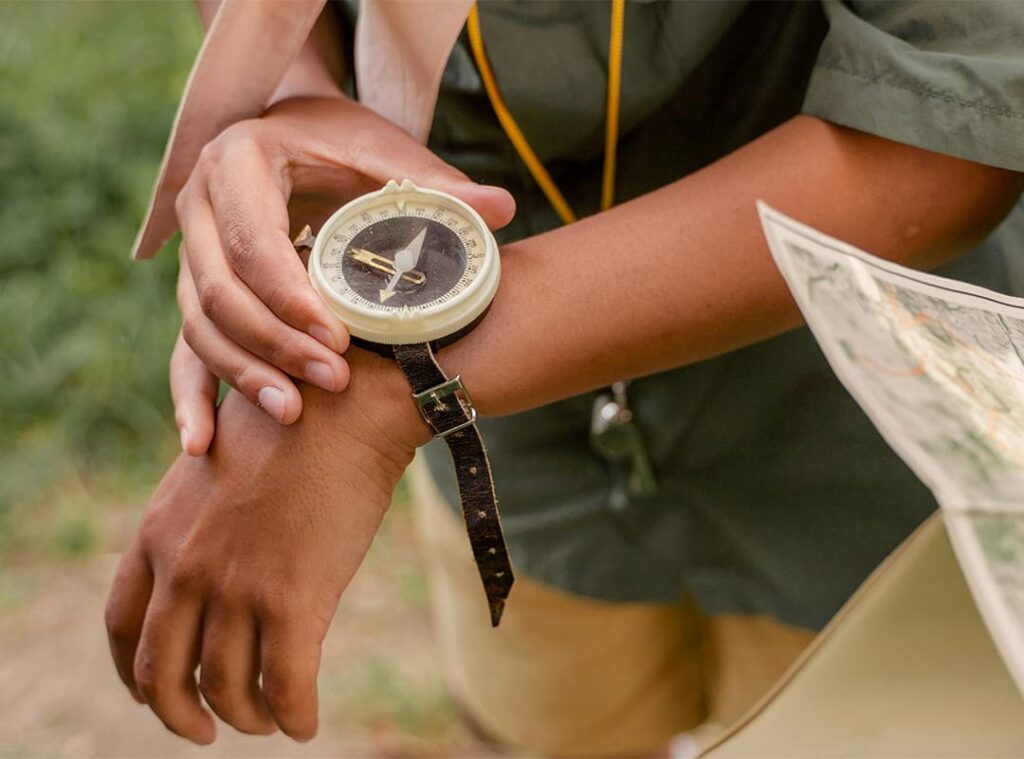National events
These events are similar to regional events, but they are held in the highest quality venues. The technical difficulty of the courses must meet the requirements of the British Orienteering Federation and the competition is usually very high. Together with the Jan Kjellström Championships and the British Championships, national competitions allow you to get a standard champion badge. This is usually 125% of the winner’s time. As with the other badges, you have to achieve three of these standards to get the award, but this time they have to be within the same calendar year.
UK Championships
UK Championships are held annually to determine the UK champion in each age category. They must be pre-registered like regional events, but there are still no restrictions on who can participate. There is a separate British Elite Championship for those who are the best in the M/W20 and M/W21 classes. There are usually individual events on Saturday and relay events on Sunday.
Multi-day competitions
The British Championship is one example of a multi-day event. There are many others that usually run over a weekend. The most popular is the Jan Kjellström, which is held on the weekend of Easter. There are individual events on Saturday and Sunday, and the relay on Monday. Another big multi-day event is the Scottish Six Days, in which four of the six days count towards the final result, allowing you to have a day off and still have one bad run!
Relay teams
Relay teams consist of 3 or more people. The first participant in each team receives their card, rolled up or sealed in a paper bag, and they all start together. The courses they take will have some common controls, but will also be slightly different. The second stage runner waits in the changeover corral while the first runner turns in when they return from their course. By the time the last runner crosses the finish line, each team will have covered the same distance, so the team that returns first is the winner. The combine relay consists of eight stages that start in the middle of the night, so the first stages are run in the dark!
Scoring events
With scoring events, the idea is not to complete the course. Instead, you are given a map with a lot of controls. Each control will have a score associated with it. The idea is to score as many points as possible, but to return within the allotted time. For every minute you are late, a serious penalty will be deducted.
Night events
The concept is simple, orienteering, but in the dark. The technique requires a lot of practice! Serious night orienteers have huge halogen lamps on their foreheads, but a simple flashlight will do for a beginner. This is done so that you can see both the map and where you are going. There are numerous night leagues all over the country, so check out the nearest one.
